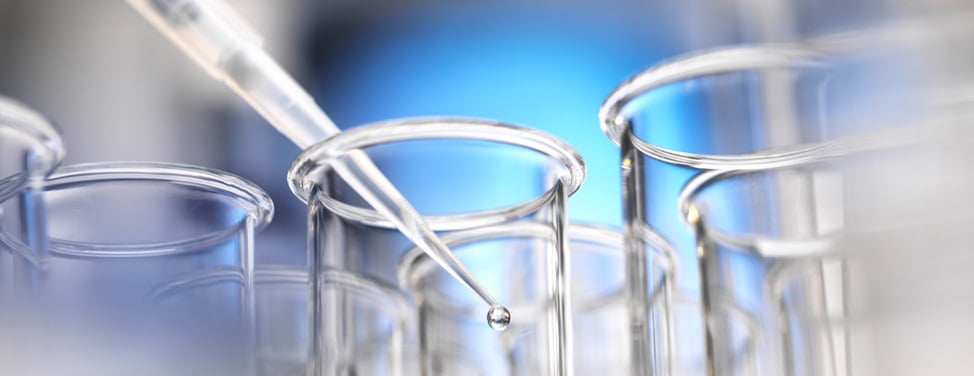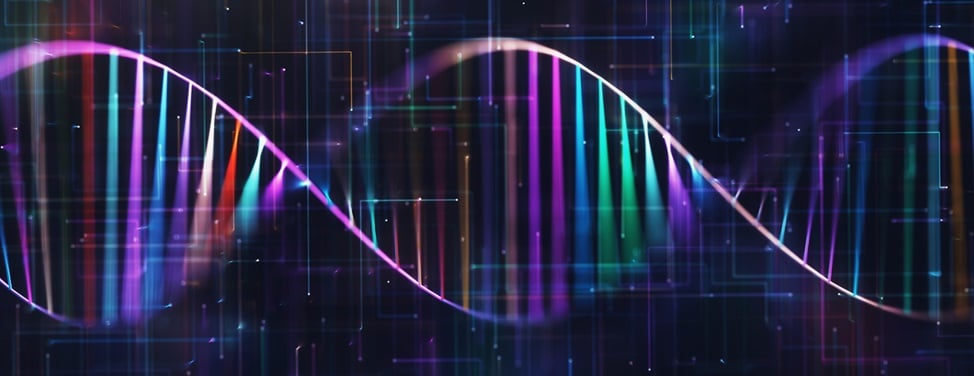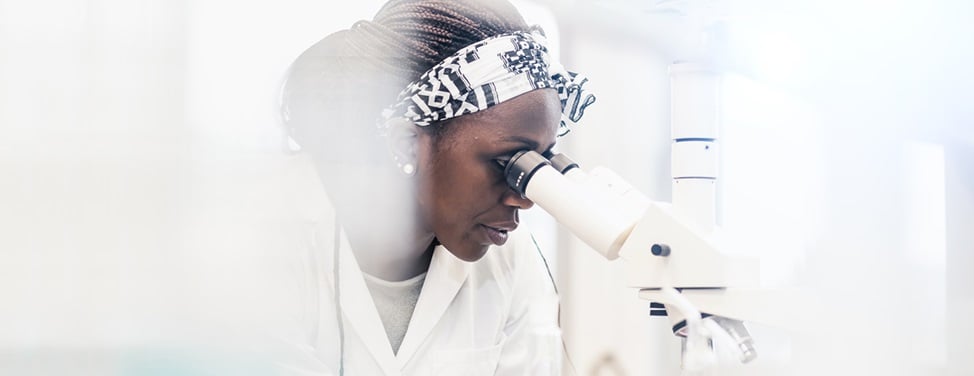Next-generation sequencing services
CAG's genetic and genomic research emphasizes next-generation sequencing (NGS). Work at our center ranges from basic research to diagnostics, drug discovery and applications to public health.
We provide high-quality Next-Generation (Next-Gen) sequencing data quickly, and at a reasonable cost. To request an information packet, email [email protected].
Our services
Our facility offers state-of-the-art, Next-Gen services on the 454 GS-FLX+ Titanium sequencing platform, which can be used to support research projects. We specialize in sequencing genes from pooled amplicons of immunogenetic complexes, including the human leukocyte antigen (HLA) and genes involved in cardiomyopathies.
By using amplicon-based Next-Gen technologies, we can provide fast and economical genomic research sequence support for immunogenomics, disease association, pharmacogenetics, population genetics and personalized medicine studies.
Among other services, we provide:
- HLA amplicon sequencing services: allelic typing to 6- to 8-digit resolution of class I and II genes (HLA-A, HLA-B, HLA-C, DRB1/3/4/5, DQB1, DQA1, DPB1, DPA1 in any combination of multiple or single genes)
- KIR amplicon sequencing services: allelic typing of all KIR loci, including all exons and some upstream and intronic regions
- Genes involved in cardiomyopathies: NKX2-5, ISL1, MEF2C, GATA4, GATA5, GATA6, ZFPM2, FOXH1, FGF8, CRKL
- Ultra-deep sequencing: providing highly sensitive detection levels without any bias
- Expertise using Roche GS FLX+ for long reads
- Custom amplicon sequencing services (call to discuss)
- Quality data and reasonable rates and turnaround time
Our amplicon sequencing is based on ultra-deep sequencing of PCR products and can be used for analyzing genetic variations within a population. The long-read lengths and data accuracy of Roche GS FLX+ makes the technology the gold standard for amplicon sequencing. Because each molecule in a pool of amplicons can be sequenced individually, the technology has the power to detect rare variants with detection limits of at least 0.5 percent.
Our certifications
- Clinical Laboratory Improvement Amendment (CLIA)
- College of American Pathologists (CAP)
- State of California Laboratory Field Services
- American Society of Histocompatibility and Immunogenetics (ASHI)
- American Board of Histocompatibility and Immunogenetics (ABHI)
- America Board of Molecular Genetics (ABMG)































